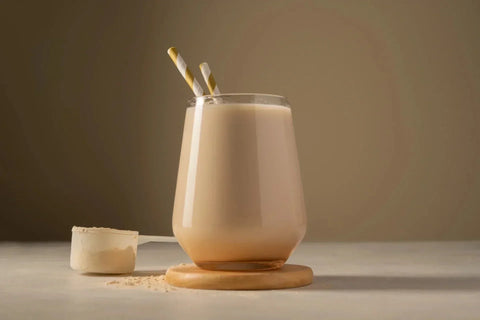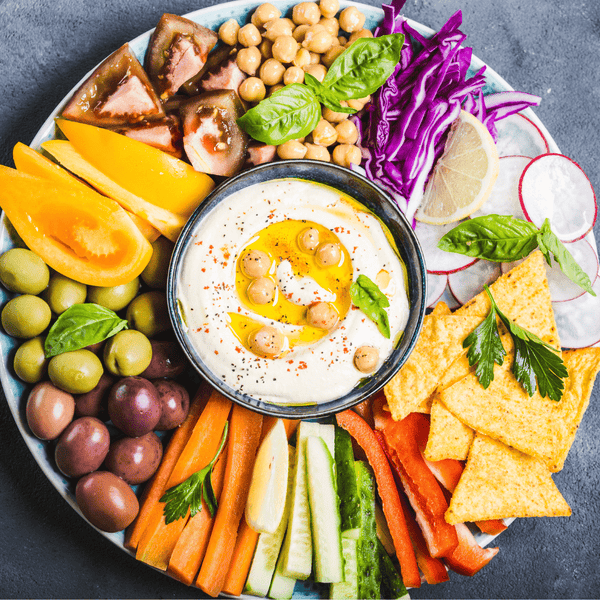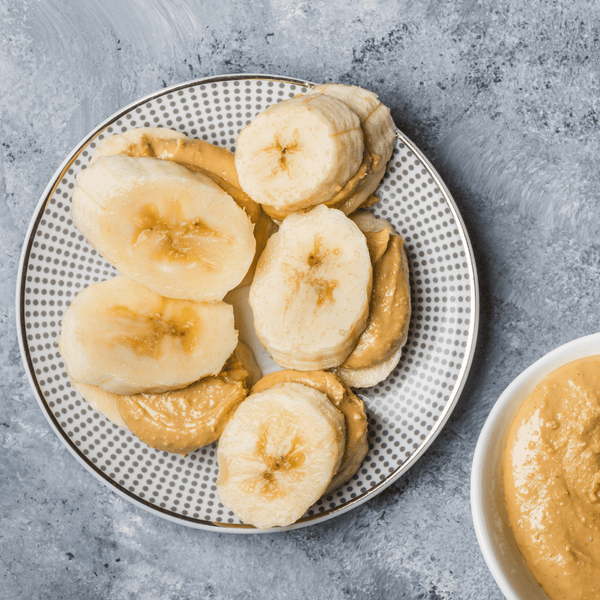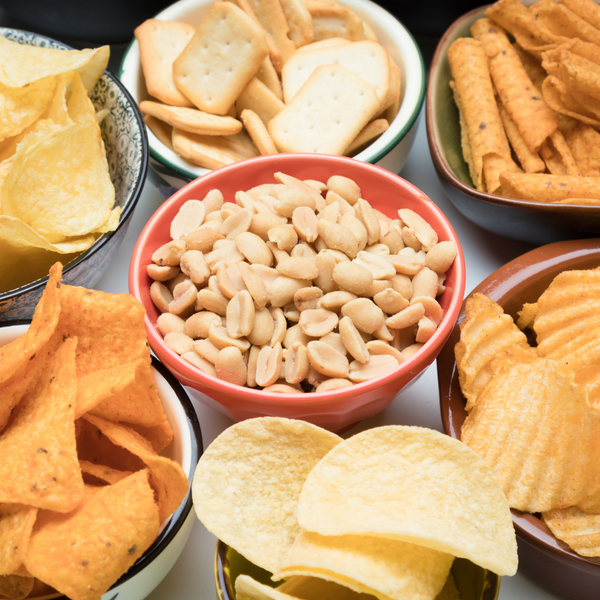Sugar cravings hit hard.
You're standing in the snack aisle, torn between what tastes good and what's actually good for you. Sound familiar?
Here's the thing: traditional sugar sends your blood glucose on a rollercoaster ride, crashes your energy, and leaves you hangry an hour later.
Artificial sweeteners? They taste weird and mess with your gut.
But what if there was a third option?
Enter allulose, the rare sugar that's been quietly revolutionizing how we think about sweetness.
This isn't another artificial chemical concoction or a bitter stevia substitute that makes you miss real sugar.
It's a naturally occurring sugar that tastes just like the real deal but tricks your body in the best possible way.
Found in small amounts in foods like figs and maple syrup, allulose delivers all the sweetness you crave with almost none of the metabolic chaos.
If you've been searching for a way to satisfy your sweet tooth without derailing your health goals, you're about to discover why food scientists, and smart snackers, are obsessed with this game-changing ingredient.
Let's learn why allulose might be the sugar swap you've been waiting for.
What is Allulose?
Allulose is a rare sugar that exists naturally in tiny amounts in foods like figs, raisins, wheat, and maple syrup.
But here's where it gets interesting.
Unlike regular table sugar (sucrose), allulose is what scientists call a "rare sugar" or "pseudo-sugar."
It has the exact same chemical formula as fructose, but its atoms are arranged slightly differently.
When you eat regular sugar, your body breaks it down completely, absorbing every calorie and spiking your blood glucose. Allulose takes a completely different path through your system.
Your small intestine absorbs about 70% of it, but here's the kicker, your body can't actually metabolize it for energy.
Instead, most of it gets filtered out by your kidneys and eliminated through urine.
As a result you get 90% of sugar's sweetness with only 10% of the calories (about 0.4 calories per gram versus sugar's 4 calories per gram).
So what is allulose doing in your favorite snacks? Smart food companies are catching on fast.
Unlike artificial sweeteners that leave a metallic aftertaste or cause digestive upset, allulose bakes, melts, and caramelizes just like regular sugar.
It doesn't have that weird cooling effect of erythritol or the bitter finish of stevia.
This makes it perfect for creating indulgent-tasting treats that won't sabotage your health goals. Think chocolate brownies, protein bars, and sweet snacks that taste like dessert but won't crash your energy or trigger cravings.
The FDA granted allulose "Generally Recognized as Safe" (GRAS) status in 2012, and it's been gaining serious momentum in the healthy snacking world ever since.
For anyone trying to cut sugar without sacrificing taste, allulose represents something pretty revolutionary: a sweetener that actually works with your body instead of against it.
Is Allulose an Artificial Sweetener?
No, allulose is not an artificial sweetener.
This is one of the biggest misconceptions floating around, and it's worth clearing up.
Artificial sweeteners like aspartame, sucralose, and saccharin are synthetic chemicals created in labs. They're designed to mimic sweetness but have completely different molecular structures than natural sugars.
Allulose, on the other hand, is a naturally occurring sugar found in nature. Yes, most commercial allulose is produced through enzymatic processes (converting fructose from corn), but the end result is identical to what you'd find in a fig or raisin, just in much larger quantities.
Think of it like vitamin C. You can get it naturally from an orange, or you can take a supplement that contains the exact same ascorbic acid molecule. Both are "real" vitamin C.
Is Allulose Safe? What the Research Says
If you're wondering "is allulose safe," the short answer is yes, but let's dig into the actual science.
The FDA has thoroughly evaluated allulose and granted it "Generally Recognized as Safe" (GRAS) status. This isn't just a rubber stamp approval. It means extensive safety studies have been conducted and reviewed by food safety experts.
Multiple clinical trials have tested allulose in humans, with some studies following participants for up to 48 weeks. The results? No serious adverse effects were reported, even at relatively high intake levels.
Daily Intake Recommendations
Most health experts suggest keeping allulose intake under 0.4 grams per kilogram of body weight per day. For a 150-pound adult, that's roughly 27 grams daily, equivalent to about 6-7 teaspoons of regular sugar's sweetness.
But here's the practical reality: you probably won't come close to that limit through normal snacking.
Digestive Tolerance
Now, let's talk about the elephant in the room, digestive effects.
Like other sugar alcohols and rare sugars, allulose can cause mild digestive discomfort in some people, especially when consumed in larger amounts. We're talking bloating, gas, or loose stools.
The good news? Most people tolerate allulose much better than other sugar alternatives.
The key is starting slowly and paying attention to your body's response. If you're new to allulose, try products with smaller amounts first and see how you feel.
Is Allulose Safe During Pregnancy?
When you're expecting, every ingredient matters, and that includes sweeteners.
So is allulose safe for pregnancy? The honest answer: there isn't enough specific research on pregnant women to give a definitive green light.
Here's what we know. While allulose has FDA approval for the general population, pregnancy studies are extremely limited.
Most sweetener safety studies exclude pregnant and breastfeeding women for ethical reasons, so we're working with incomplete data.
Does Allulose Raise Blood Sugar?
This is where allulose gets really exciting for anyone watching their glucose levels.
Does allulose raise blood sugar? The research is crystal clear: barely at all.
Multiple clinical studies have tested allulose's impact on blood glucose, and the results are impressive. A 2018 study published in Nutrients found that allulose caused virtually no change in blood sugar levels, even when participants consumed 7.5 grams (nearly 2 teaspoons worth of sweetness).
Compare that to regular sugar, which sends blood glucose skyrocketing within 15-30 minutes.
The Science Behind It
Remember how allulose can't be metabolized by your body? That's exactly why it doesn't spike your blood sugar. Your digestive system absorbs about 70% of it, but since your cells can't actually use it for energy, it gets filtered out through your kidneys instead of entering your bloodstream as glucose.
The glycemic index of allulose? Practically zero.
Benefits for Diabetics
This makes allulose a game-changer for people managing diabetes. Unlike artificial sweeteners that can still trigger cravings or insulin responses in some people, allulose provides genuine sweetness without the metabolic chaos.
Some studies even suggest allulose might help improve glucose tolerance over time, though more research is needed to confirm this potential benefit.
Perfect for Keto Dieters
If you're following a ketogenic diet, allulose won't knock you out of ketosis like regular sugar would. Since it doesn't raise blood glucose or trigger significant insulin responses, it fits perfectly into low-carb eating plans.
Does allulose raise blood sugar? The evidence shows it's one of the most blood-sugar-friendly sweeteners available, making it ideal for anyone who wants sweetness without the glucose rollercoaster.
Why 100cal Snacks Uses Clean Sweeteners
At 100cal Snacks, we believe your gut deserves better than sugar alcohols that cause bloating or artificial chemicals that mess with your microbiome.
That's why we're obsessed with clean, gut-friendly ingredients that actually work with your body.
Our Chocolate Brownie Protein Bars prove you don't need sketchy sweeteners to create something that tastes like dessert. We use natural sweetening approaches that keep your digestive system happy while delivering that indulgent flavor you're craving.
Here's our philosophy: if an ingredient causes bloating, digestive upset, or weird aftertastes, it doesn't belong in our products. Period.
We've seen too many "healthy" snacks that leave people feeling gassy, sluggish, or unsatisfied. That defeats the whole purpose of smart snacking.







